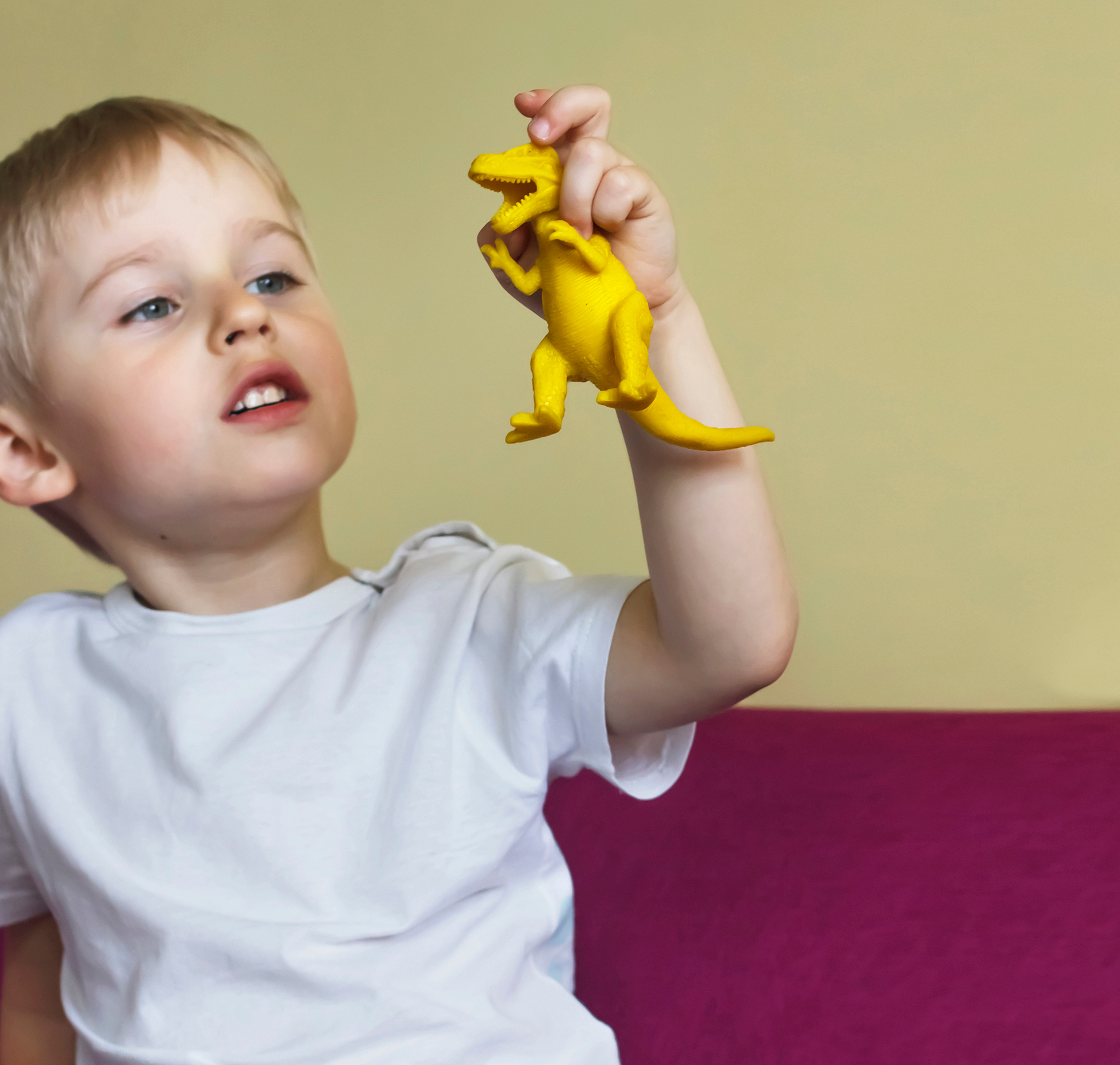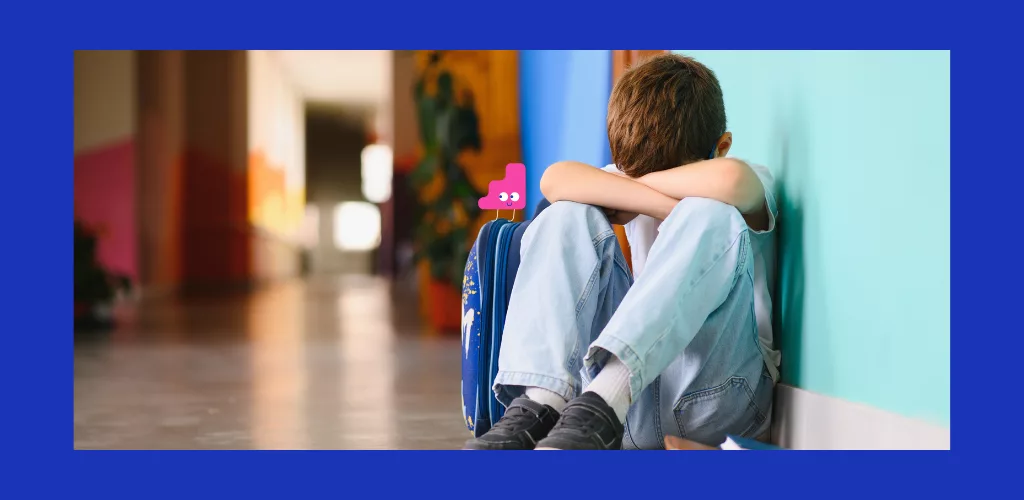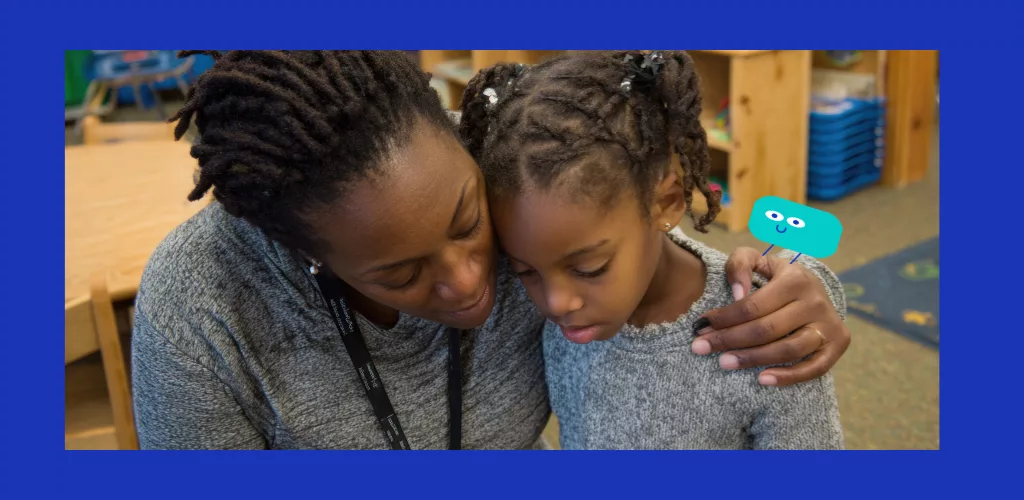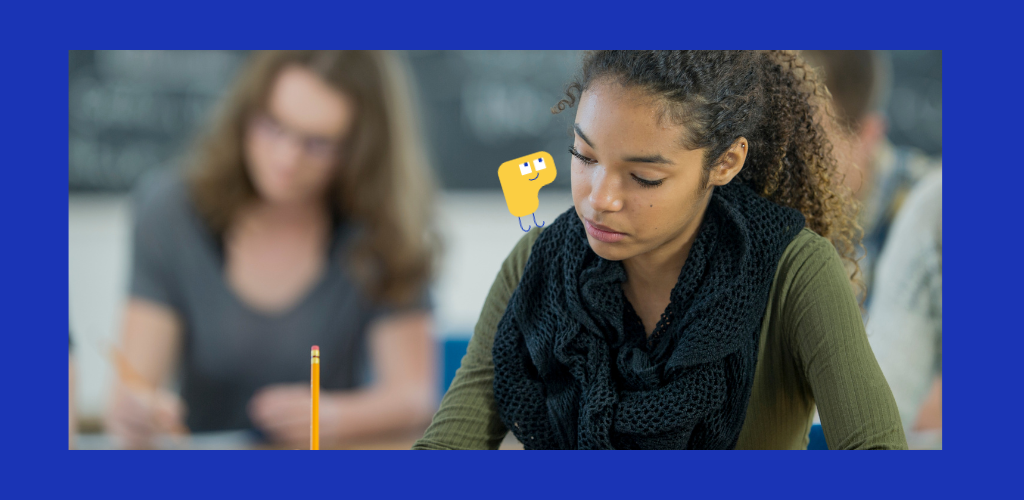In my article on self-confidence, I talked aboutcessitness of supporting our children in discovering their talents and therefore their superpowers.! But whenhen it comes to superpowers, we immediately think of the "superhuman" powers that a heros is endowed. In fact, ourur children, and the grown-ups that we are, love these superheroes who triumph over their enemies thanks to their superpowers. But did you know that superpowers aren't just for superheroes?? You have them, and so do your children!
In my former life as an employee of a large international company, I had grouped together all the superpowers of my team, which consisted of 12 nationalities, in a nice Excel file entitled "Team Super Powers". The ideaewas to highlight everyone's talents and make the best use of them within the team, such as being a professional social networker or giving public presentations. We loved using this shared file which weWe loved using this shared file, which we added to each time we recruited a new member to the team.
I've always preferred to find my collaborators' strengths and talents, rather than spending time forcing them to develop a skill for which they had very little aptitude.appétence. I'm a great believer in the power of recognizing each person's talents, and the need to develop them.cessitto cultivate them once they've been identified.s. This is the case for adults, but it's especially important for children, who need to recognize them as early as possible in order to cultivate their self-confidence.
So, how can we help our children find these superpowers, which are the talents that every human being possesses??
Is talent innate??
For some, talent is innate. But are our children born with a paintbrush in their hand, a soccer ball on their feet, or a head full of genius ideas??
Several researchers have looked into this question.
Among them is the American psychologist Benjamin Bloom, a specialist in pedagogy. He has written a book entitled "Developing the Talents of Young People in which he shares his findings after interviewing 120 highly talented people. He rejects the notion that talent is innate. For him, "what a person has been able to learn one day. Almost anyone can do it, given the right learning conditions.
He lists five conditions, These include an early start, quality teaching, deliberate practice, an environment of excellence and well-defined objectives.
When you read any biography of an athlete, artist or entrepreneur, you'll see that nothing happens by chance. Time and again, you find the same ingredients: hours and hours of training, reading, rehearsing activities or well-honed rituals.
In short, no pain, no gain, and everyone, including our children, can develop superpowers.
Is talent only for super stars?
If I talk to you about superpowers, you'll think superhero, but if I talk to you about talent, you'll think virtuoso, as I mentioned above, and the name Mozart may come to mind.?
To put things into perspective, talent is a particular aptitude, a natural or acquired disposition acquired to do something. We often talk about hidden talents. Why? Quite simply because we haven't learned how to bring our talents to the fore, or how to identify them.
Yet there are many talents in the intellectual, artistic, literary and behavioural fields. or behavioral.
And you don't have to be on TV orto be the strongest on a subject to be talented.! We're not necessarily looking for excellence here, just your child's superpower(s). What he likes to do, what he does well and, above all, what stimulates him.
Does your child have an incredible talent?
From the age of 4, my son was already claiming an exceptional talent: "I know all about dinosaurs". He first became interested in the evil T-Rex because he'd been given a book on the subject.cidto feed his appetite on the subject.
I think that passing on his knowledge to family and friends has helped to build his self-confidence.
His talent was not in knowing everything about dinosaurs, but in being able to captivate an audience on a specific subject. And today, at the age of 7, we regularly have talks on space, volcanoes and so on.
All this to say that it's important to observe our children and understand what interests them, because that's how we can help them find their talent. Your child needs to be motivated by what he's doing, whether it's making up stories with toys in his room, baking a new cake every Sunday, being sociable and comfortable wherever we go.
How can you help your child identify his or her talents?
Beyond observation, we have noticed in the feedback from parents who use the the self-confidence program program of our application that there's a difference between how a parent sees their child and how the child sees themselves. Our children don't take the time to get to know themselves, and we need to support them. Here are a few tips to help you:
- Talk to him about what he likes and identify three of his passions together.
- Ask him to list his qualities and to keep three of his own.
- Then ask what superpowers they think they have.
To accompany you in this discussion and spend a moment "fun"we suggest a downloadable activity:
Once you've identified your kids' superpowers, you'll no longer be able to ignore this need that contributes to their development, and you'll be able to support them.
Have fun, and as Honoré de Balzac so aptly put it de Balzac said, "There is happiness in every kind of talent."
Have a great weekend, super-parents!
Solenne.
Founder of Soft Kids and mother of 3 super kids!






0 comments